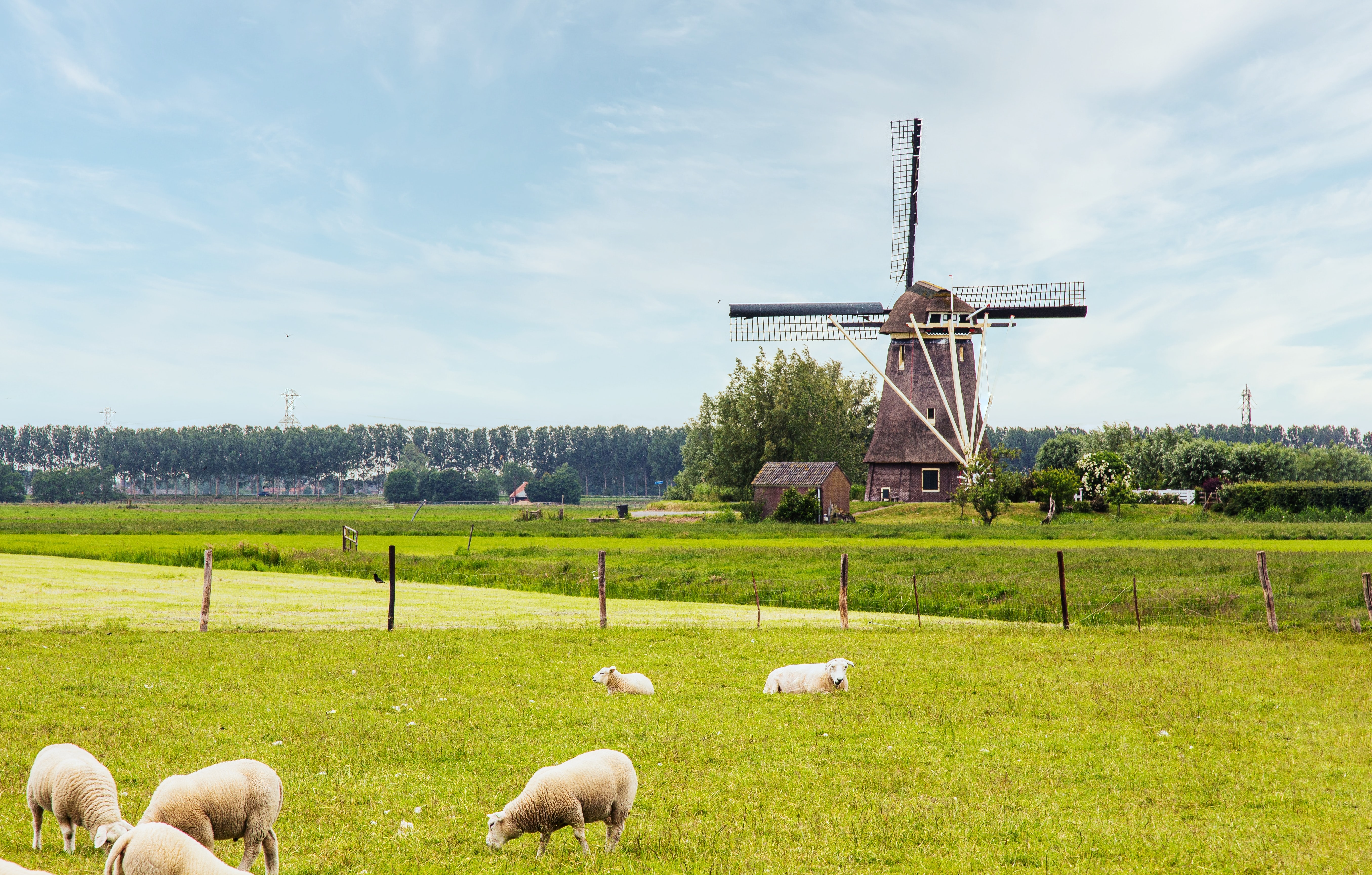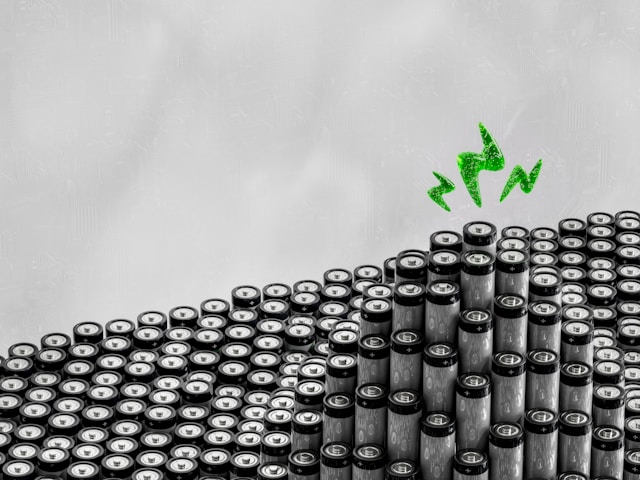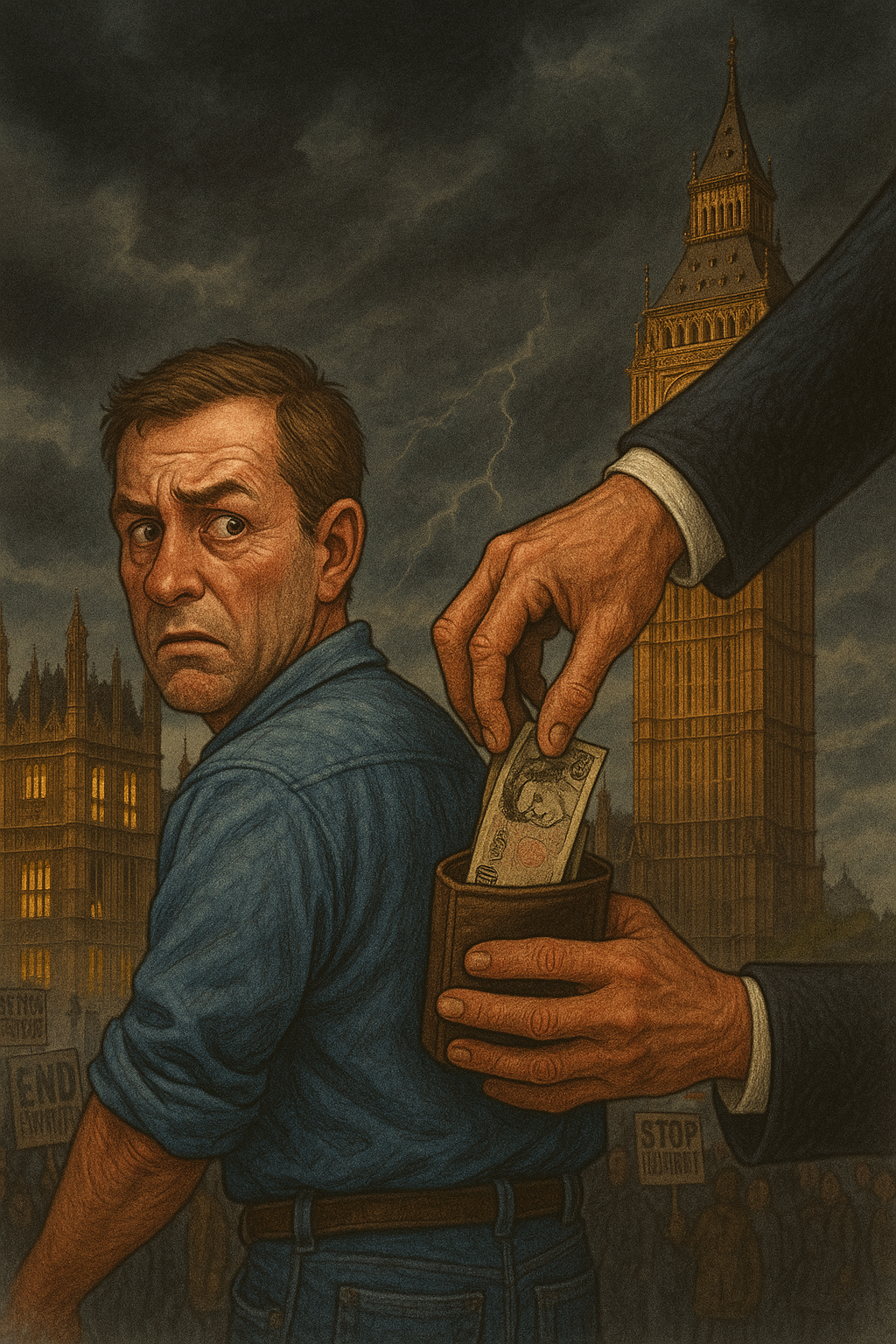 Over 30,000 Dutch farmers have risen up in protest of the government’s EU compliant environmental policies. These burdensome regulations would destroy Dutch farming, crippling many smaller agricultural businesses.
Over 30,000 Dutch farmers have risen up in protest of the government’s EU compliant environmental policies. These burdensome regulations would destroy Dutch farming, crippling many smaller agricultural businesses.
These protests have now spread to other parts of Europe, with farmers in Poland, Germany, Italy and Spain demonstrating in solidarity. Polish farmers who took to the streets of Warsaw shouted: “Enough is enough! We won’t let ourselves be robbed!” and “We workers cannot pay for the crisis created by politicians!”
Activists who sincerely believe that the global apocalypse is imminent justify these crushing regulations. The leading voice for these regulations among the Dutch coalition partners is the Democrats 66 party. Tjeerd de Groot, the D66 nature and farming spokesperson, said that “It is absolutely essential – but also painful – that the plans go through”. The conservative-liberal-Christian coalition promised to halve nitrogen production by 2030, including the possibility of government expropriation.
Forced seizure of land tends to be something only thought possible in Stalin’s Soviet Union, but with the supposed impending global collapse of human civilisation as a result of anthropogenic climate change, clearly anything is possible.
Fears that the Sri Lankan story will repeat itself are mounting. Last year’s ban on all chemical fertilisers by President Gotabaya Rajapaksa decimated Sri Lankan crops. The ban was thought to be a move to ingrain themselves with Western governments in an attempt to appear climate conscious, but instead proved to be crippling to Sri Lankan food production.
Sri Lanka’s now acting President Ranil Wickremesinghe declared a state of emergency on Monday, as anti-government protests continued across the island.
What is happening in the Netherlands?
In accordance with EU regulations on nitrate pollution, the ruling coalition announced plans for a £22 billion programme to cut nitrogen emissions by 50 per cent by 2030. These plans place the burden of environmental protection solely onto Dutch farmers, forcing them to reduce the amount of nitrous oxide and ammonia emissions that their livestock produce by about 40 per cent, requiring some areas to cut emissions by about 70 per cent. These draconian and unjustly punitive measures will inevitably force many farms to downsize, and some to close entirely, meaning that millions of farmers will be compelled to abandon their livelihoods.
Despite its relatively small land base, the Netherlands is the European Union’s largest meat exporter, and ranks second in global agricultural exports. In 2020, Dutch agricultural exports reached a record high of an estimated 95.6 billion euros. The long-standing success of the Dutch agricultural industry will be crushed by these onerous regulations, and so this number can be expected to decrease.
The absurdity of such a policy does not just extend to the illiberal and counterproductive nature of pursuing policies which destroy your own country’s agricultural industry, all in a pursuit of an arbitrary contribution to environmentalism. It also extends to the fact that evidence on the impacts of ammonia emissions are a low cost issue. Reducing ammonia emissions from manure spreading is incredibly important, as it contributes significantly to ammonia emissions. Investment in new equipment and learning new techniques in order to reduce fertiliser application time can significantly reduce ammonia emissions.
Unfortunately, farmers are being unfairly targeted by the Dutch government’s environmental policy. Other industries, including transport, construction, and aviation, are also contributing to high levels of ammonia emissions. Between 1990 and 2014, the percentage of total ammonia emissions made up by households, traffic and industry increased by 10 per cent. Despite this, the Dutch government has made half-hearted efforts to reduce emissions from these other sectors, and chooses to single out emissions produced by livestock, despite the serious economic effects it will inevitably have.
Why is the government so willing to destroy Dutch agriculture in the name of environmentalism? Many Dutch farmers believe that the threat of expropriation is motivated by the government’s desire to acquire Dutch farmland at a cheaper rate. Whatever their motivations, it is clear that even the Christian Democratic CDA, who ran on campaigns in support of the agricultural sector, now no longer considers forceful buyouts a contentious issue.
This is not just government virtue signalling, this is the destruction of people’s livelihoods. As described by Jan Brok, the Vice Chairman of the BoerBurgerBeweging Party (BBB), farmers have spent the last month protesting for this reason:
“For many farmers it’s the end of their business and they will fight until the last. Sometimes these farms go back generations, they were built by hand, and people feel farmers heart and soul. This is all being taken away.”
Free market solutions and an emphasis on stewardship of the natural world must be at the forefront of environmental policy. Instead, the imposition of draconian environmental regulations by the state is a looming threat to liberty across the modern world, and one that must be fought against fervently.

















We now know the,answer lies in the soil we don’t need nitrate fertilizers take care of the fungi in the earth and gi will provide. Plants provide sugar fungi in the soil provide everything else
What is the percentage of total ammonia emissions produced by farming and whaat produced by sectors the author implies are being let off lightly?